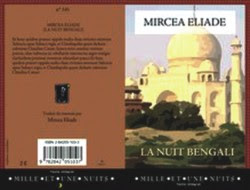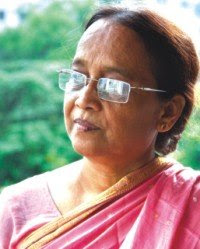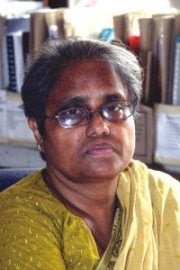Realism, surrealism and everything in between Jackie Kabir explores worlds on some stories
The word Oshtorombha is in fact zero. It is Papri Rahman's third collection of stories and her fifth book. Papri Rahman carries the banner of a writer, an editor and a critic, quite comfortably. She doesn't write about the issues related to women which we commonly see in other contemporary writers, as she claims. Whenever she finds a story that is out of the ordinary, she tries to colour it in the canvass of story telling. This makes her somewhat different from other female writers that we come across. The book Oshtorombha has eight stories, six of which are in a rural setting; and the remaining two are narrated from an urban point of view. One of the stories, Shodh, depicts how a village woman takes revenge on her husband's second wife by urinating on her bed. It is a tempestuous night when the first wife is given shelter at their place. Everything is going on as usual, except that when she leaves the bed it is wet with a pungent smell. Both Hasna and Mohor Ali were asto...









